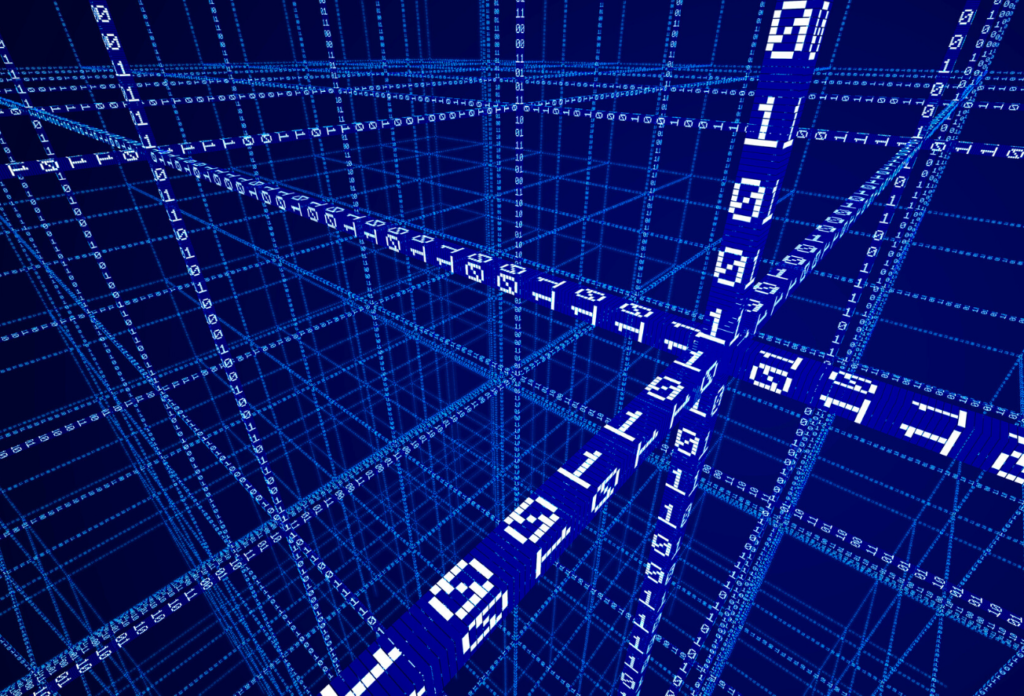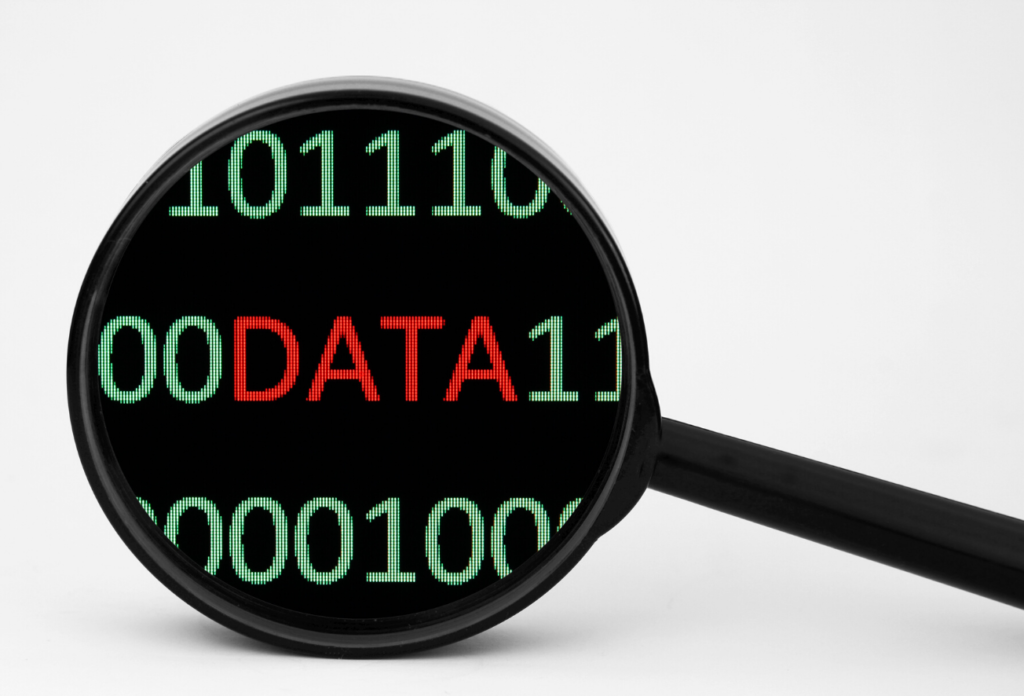
Every healthcare organization wants to reduce IT costs. Now with the impact of COVID-19, expectations on IT spend globally will shrink by eight percent. So, you’re probably looking for ways to reduce your tech footprint. The cost of maintaining legacy systems is something that can decrease costs. It also has many other benefits relating to accessibility and compliance.
Let’s look at the real cost of maintaining legacy systems and how to eliminate them.
Legacy Systems Still Prevalent in Healthcare
It’s not unusual for pharmacies, hospitals, and healthcare systems to keep health information system (HIS) legacy platforms live. The why is complex.
Sometimes it’s because of limitation to a new system on what kind or how much data converts. Other times, it’s a choice not to migrate all data and keep the legacy system up to meet medical record retention mandates. There are other organization-specific reasons, but the reality is that legacy data management is expensive and risky.
Are You Missing Opportunities to Reduce Your Tech Footprint?
When keeping a legacy system running, you’ll continue to pay the maintenance and usage fees. The system also remains part of your infrastructure. No matter where you host the data, you’re paying for it. If it’s on-premise or in a private cloud, it’s also taking up space. That could cause problems as you evolve your IT structure.
Legacy Systems Are Expensive Storage Bins
Legacy systems really become very costly storage bins. You may only end up using them when you need records for an audit or patient request. So, while the legacy system is great at storage, it’s probably cumbersome for reporting. It may require considerable manual work to pull out each record. This scenario is a strain on resources, costing you time and money.
Another Cost—The Threat of Data Breaches

Data breaches are some of the most expensive incidents that can occur. Unfortunately, you may be exposing your legacy data. This possibility is especially true for sunset systems. They are no longer updated or maintained. Without new versions, it’s easier for hackers to find ways into the system.
A data breach can lead to fines and payouts to victims. It will also likely cost you your reputation.
Archiving Removes Legacy Systems from Your Tech Footprint
The alternative to legacy systems is an archiving tool. It’s a web-based platform that holds data, documents, and images. It’s highly secure, HIPAA compliant, and satisfies record retention requirements.
There are no regular maintenance fees. Plus, the hosting is by the provider, so it doesn’t bloat your tech stack.
By choosing to archive, you could save substantially and have a better way to manage legacy data. It provides reporting features and is customizable to your specific needs.
You’ll experience all the benefits and more with ViewMaster! Watch the video and request a demo today.



